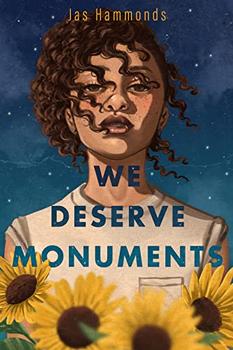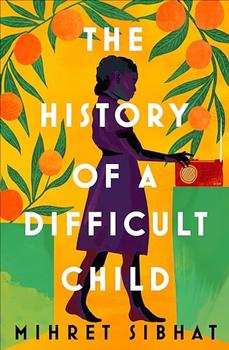Summary | Excerpt | Reviews | Beyond the book | Read-Alikes | Genres & Themes | Author Bio

A Novel
by Yoko OgawaYōko Ogawa's 2006 novel Mina's Matchbox, recently translated into English from the Japanese, follows twelve-year-old Tomoko over the course of a formative year, as she leaves her single mother in a Tokyo suburb and goes to live with her extended family in a small coastal town. As she gets off the train at the beginning of the novel, Tomoko is stunned by the sight in front of her: a grand house with seventeen rooms, owned by her German uncle, the president of a lucrative soft drink company. It isn't long before Tomoko is enamored by her wealthy new family and surroundings, including their 35-year-old pygmy hippopotamus, Pochiko, the last survivor of a family zoo that closed during World War II.
But no one captures Tomoko's heart more than her cousin, Mina, a precocious yet sickly girl slightly younger than Tomoko, "who could strike a match more beautifully than anyone." Mina suffers from debilitating asthma attacks that often prevent her from leaving the house, so she's used to living inside her imagination, creating stories that she gradually begins to share with Tomoko ("The elephant had always been envious of the children playing on the seesaw on the green lawn," begins her first story, which she's written to accompany an illustration on a matchbox given to her by a local deliveryman). Tomoko, who has never been particularly studious or had any hobbies back home, is soon drawn into Mina's world of literature, storytelling, and matchbox collecting, and finds herself passionately cheering for the Japanese volleyball team at the 1972 Olympics.
Mina's Matchbox is narrated by Tomoko thirty years after its events take place, and this distance allows the novel to explore complex, adult themes while still being about the activities and preoccupations of childhood. Tomoko sees glimpses of darkness behind her relatives' veneer of wealth and glamor—her aunt's drinking; her uncle's prolonged disappearances; her cousin Ryuichi's distance from the family—but doesn't yet understand their full significance. In a particularly poignant scene between Tomoko and her German great-aunt Rosa, Tomoko learns of Rosa's Jewish ancestry and her estranged sister whom she hasn't seen since before the start of the War. The fact that Rosa leaves the full extent of the tragedy unspoken, and the fact that young Tomoko is only dimly aware of it, makes the scene sit more heavily with the reader than it might otherwise. As the novel proceeds, narrated with curiosity and thoughtfulness by Tomoko, a portrait of a complex family begins to take shape.
The novel takes the form of a series of vignettes, and is less about plot and more about evoking the feelings of childhood, a certain awe and sense of limitless possibility. Ogawa's writing is lush, and each new character and each minor event feel to the reader as monumental and immediate as they would have to a sheltered twelve-year-old. Ogawa is particularly good at evoking the bond between two young girls who expand each other's worldviews. The end result is charming, occasionally funny, and sweet without being cloying, as it is tempered by the adult melancholy that seeps through its pages and deepens the story. Mina's Matchbox is more subtle and gentle than other works by Ogawa, and will perhaps seem minor to those who love her bolder books, but it's still a captivating read.
It's worth mentioning that a small subplot about the terrorist attacks at the 1972 Olympics, in which Ogawa seems to uncritically condone Israel's occupation of Palestine, may sit uncomfortably with readers. While we don't read novels for ethical perfection, there is something disheartening in reading Ogawa's empathy for her own characters but refusal to extend it to the world's oppressed. Some readers, like this one, may find that Ogawa's implicit stance, while a small part of the novel's plot, colors their view of the book as a whole.
![]() This review
first ran in the August 21, 2024
issue of BookBrowse Recommends.
This review
first ran in the August 21, 2024
issue of BookBrowse Recommends.

If you liked Mina's Matchbox, try these:

by Jas Hammonds
Published 2024
Family secrets, a swoon-worthy romance, and a slow-burn mystery collide in We Deserve Monuments, a YA debut from Jas Hammonds that explores how racial violence can ripple down through generations.

The History of a Difficult Child
by Mihret Sibhat
Published 2024
A breathtaking, tragicomic debut novel about the indomitable child of a scorned, formerly land-owning family who must grow up in the wake of Ethiopia's socialist revolution
Your guide toexceptional books
BookBrowse seeks out and recommends the best in contemporary fiction and nonfiction—books that not only engage and entertain but also deepen our understanding of ourselves and the world around us.